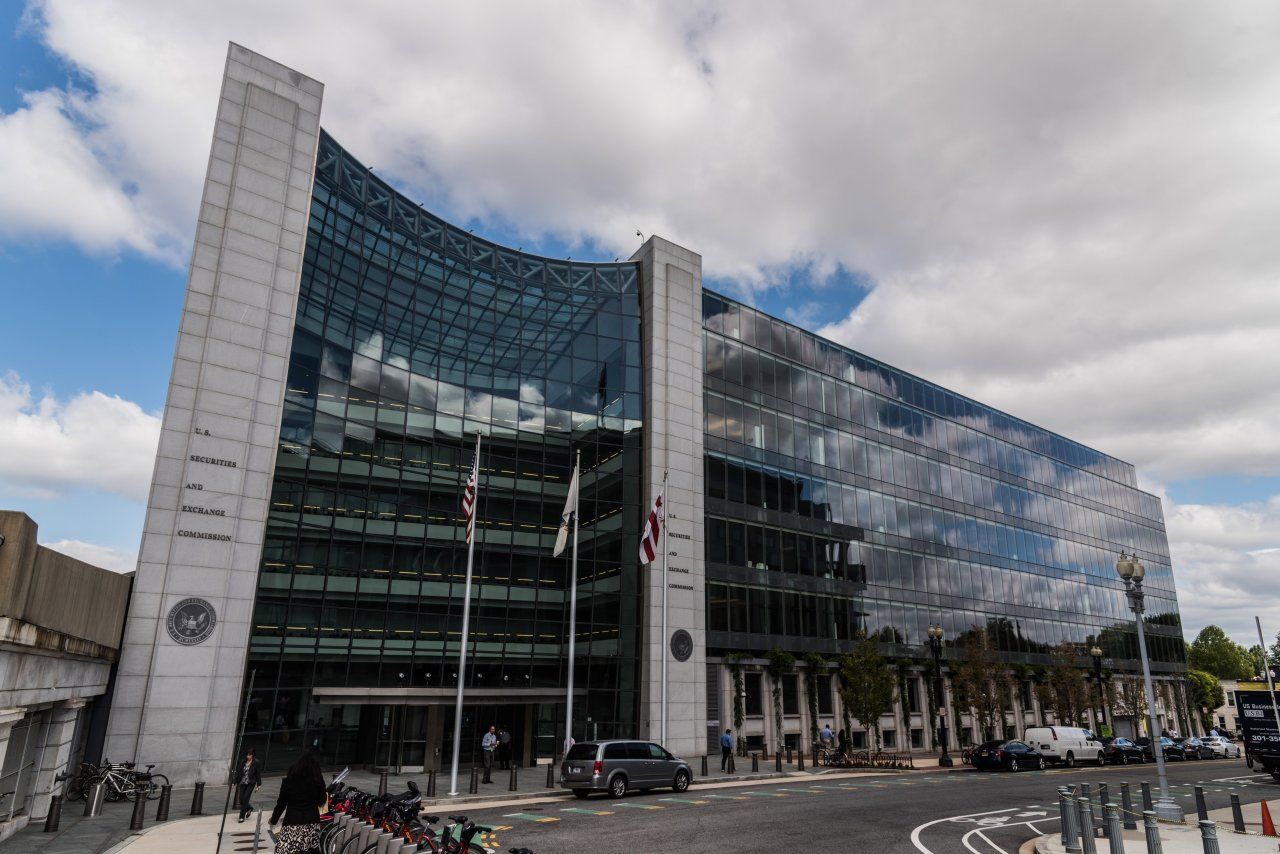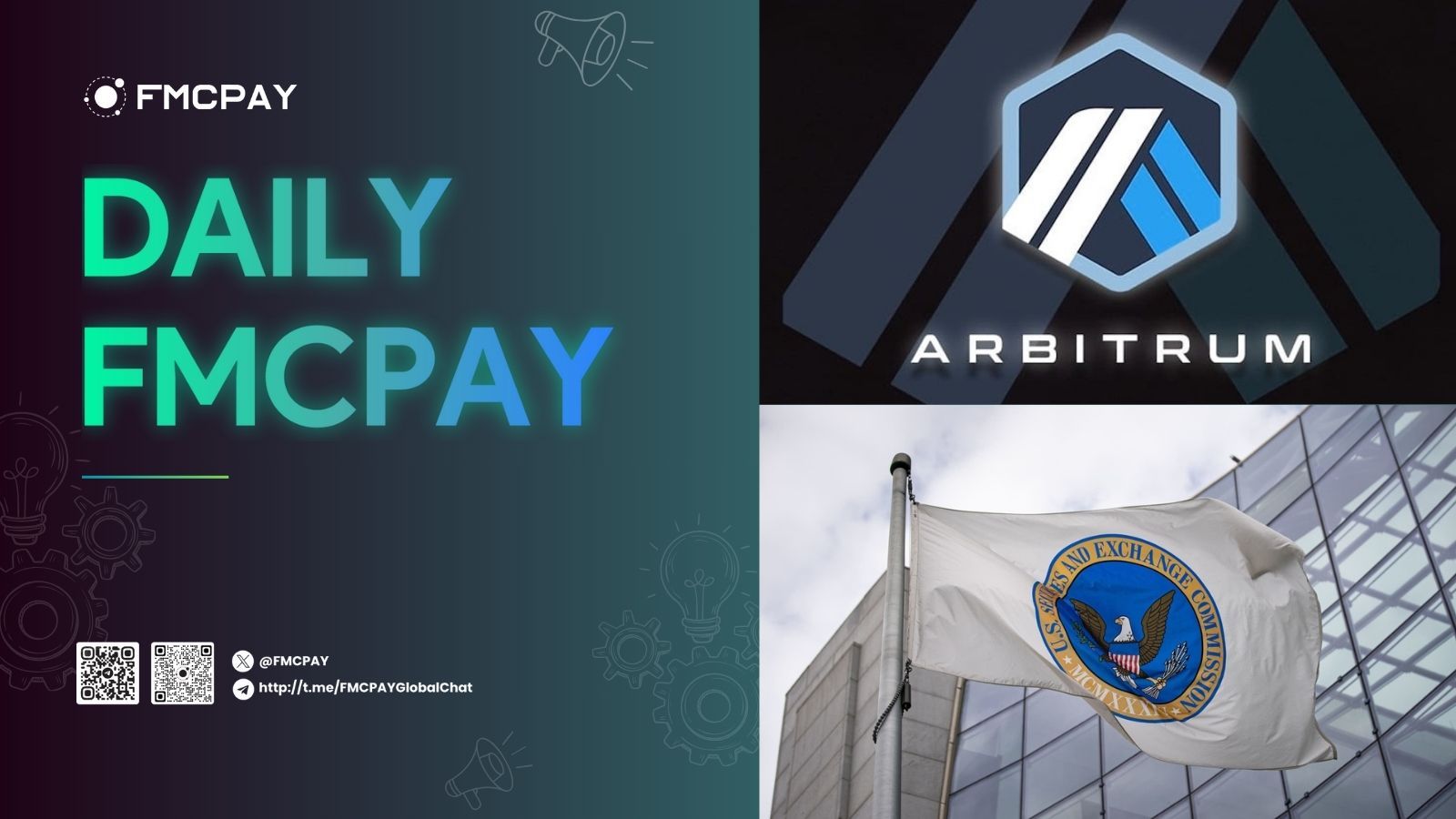The Offchain Labs team has introduced an update to ArbOS, also referred to as Atlas. This upgrade incorporates support for binary large objects (blob) transactions, aimed at decreasing the expenses associated with transferring data from Layer 2 to the Ethereum mainnet.
The blobs have landed on Arbitrum! 💙
🐡 ArbOS 20 “Atlas” is now live, blobs are in effect, reducing data posting costs.
⛽ Additional execution gas fee reductions for Arbitrum One will go live on March 18.
More details below 👇https://t.co/amVT5EnQWE pic.twitter.com/pyS9AVORFF
— Arbitrum (💙,🧡) (@arbitrum) March 14, 2024
The Arbitrum community has shown its support for Atlas, with most of the changes included in the upgrade being endorsed the day before. Representatives from Offchain Labs anticipate a significant reduction in the average base transaction fee, expecting it to drop from 0.1 Gwei to 0.01 Gwei. Consequently, an operation that previously cost $0.5 is now projected to cost users approximately $0.05.
This development marks a notable advancement in reducing transaction costs and enhancing efficiency within the Arbitrum ecosystem.
The recent Dencun update has led to significant improvements in gas efficiency across various layer-2 networks, such as Optimism and Base. Following the update, gas fees in the Base protocol plummeted from $0.31 to $0.0005 almost instantly.
Similarly, on the Optimism network, transaction costs have decreased to less than $0.01, as reported by L2Fees.
Arbitrum also experienced a reduction in transaction fees following the implementation of the Dencun upgrade on March 13. A key component of this upgrade, the EIP-4844, introduces a new transaction type for blobs, aimed at scaling the network. This update is anticipated to reduce the cost of layer-2 operations by tenfold and significantly boost Ethereum’s throughput.
SEC charges 17 individuals in $300m crypto Ponzi scheme
The U.S. Securities and Exchange Commission (SEC) has taken legal action against 17 individuals involved in a $300 million Ponzi scheme that primarily targeted Latino investors across the U.S. and two other countries. Operating out of Houston, Texas, the scheme allegedly promised substantial wealth through crypto and foreign exchange investments, falsely claiming they were “risk-free” and “guaranteed.”

This recent SEC action follows an emergency intervention in September 2022, which halted the operations of CryptoFX and implicated its key figures, Mauricio Chavez and Giorgio Benvenuto. The investigation revealed that the 17 individuals charged, hailing from Texas, California, Louisiana, Illinois, and Florida, orchestrated the CryptoFX network, enticing investors with promises of returns ranging from 15% to 100%. However, instead of using funds for trading as promised, they allegedly diverted them to pay commissions and bonuses to themselves and investors, as well as to fund their own lifestyles.
The SEC has filed various charges against the defendants, including fraud, failure to register securities, failure to register as brokers, and failure to protect whistleblowers. Two of the defendants, Luis Serrano and Julio Taffinder, have agreed to final judgments without admitting or denying guilt. They have agreed to pay over $68,000 in penalties, disgorgement, and interest.

